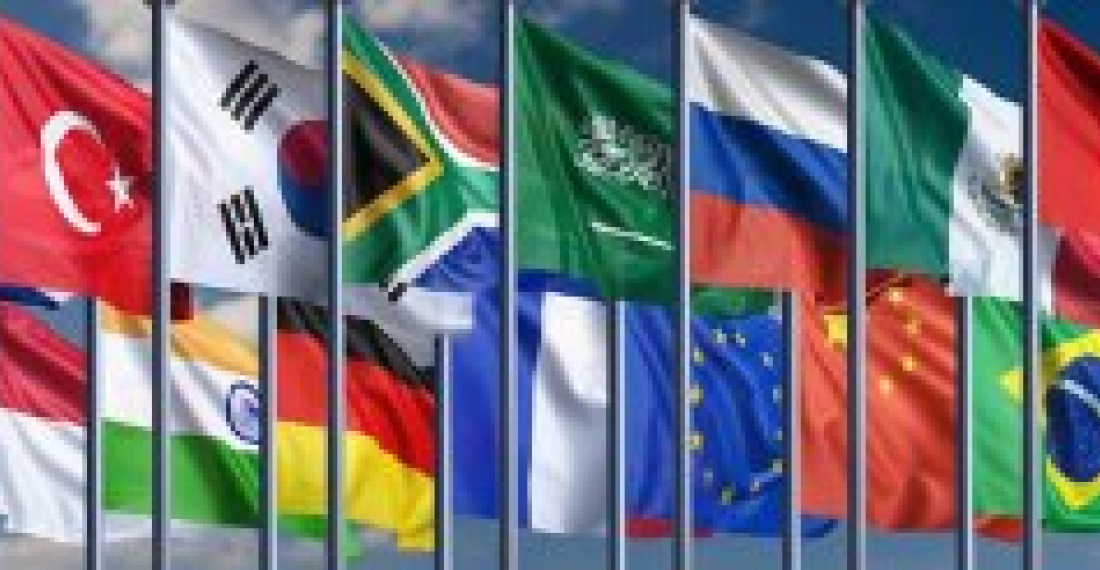The Saudi G20 Presidency will convene an extraordinary virtual Leaders’ Summit for Thursday, March 26. King Salman Bin Abdulaziz Al Saud will chair the meeting to advance a coordinated global response to the COVID-19 pandemic and its human and economic implications.
The twenty members of the G20 are: Argentina, Australia, Brazil, Canada, China, France, Germany, India, Indonesia, Italy, Japan, Mexico, Russia, Saudi Arabia, South Africa, Republic of Korea, Turkey, the United Kingdom, the United States and the European Union (EU).
G20 members will be joined by leaders from invited countries, Spain, Jordan, Singapore, and Switzerland, as well as international organizations; United Nations (UN), World Bank Group (WBG), the World Health Organization (WHO) and World Trade Organization (WTO), the Food and Agriculture Organization (FAO), the Financial Stability Board (FSB), the International Labour Organization (ILO), International Monetary Fund (IMF), the Organization for Economic Cooperation and Development (OECD). Regional organizations will be represented by Vietnam the Chair of the Association of Southeast Asian Nations (ASEAN), South Africa the Chair of the African Union (AU), the United Arab Emirates the Chair of the Gulf Cooperation Council (GCC) and Rwanda the Chair of the New Partnership for Africa's Development (NEPAD).
Commonspace.eu political editor said this will be the first opportunity since the outbreak of the coronavirus pandemic for the international community to be seen acting in unison.
"So far the response to the coronavirus pandemic and economic fall-out from the disruption it has caused world wide has been primarily at the state level. But it is well understoodn that the pandemic has created circumstances that require a global response. The G20 is the ideal platform where that response can be co-ordinated and articulated since all the world's large economies are represented.
Saudi Arabia which has the chairmanship of the G20 for this year has decided to convene the virtual summit after extensive consultations. The regular annual summit is due to take place in November, but urgent action is required. Virtual summits are a relatively new thing, and for many are an unsatisfactory alternative to the normal gathering of leaders. But the pandemic has made the process of gathering world leaders, together with their entourages and the media circus that inevitably accompanies them, a risky preposition, and so a virtual meeting is the next best thing. In the end however it will not be the format, but rather the substance of the summit that matters. The G20 leaders will try to articulate a united response to the pandemic, and to the economic and humanitarian consequences of its deadly spread. They will focus on two main themes: how to ensure that the global economy survives the crisis and bounces back as soon as possible; and how to provide a safety net for weak or fragile countries, who are ill prepared for either the medical or the economic consequences of the coronavirus crisis.
Officials from the G20 countries have been holding video conferences over the last few days to prepare for the summit and some outcomes are expected, despite the fact that the summit takes place at a time when the international community is fractured by rifts between some of its larger members, for example between the United States and China because of trade policies, and between Russia and Saudi Arabia because of oil prices. But the seriousness of the coronavuirus crisis is such that despite this world leaders are likely to remain focused on the wider objective of leading the world out of the dark tunnel that it has unexpectedly found itself in."
Source: commonspace.eu






